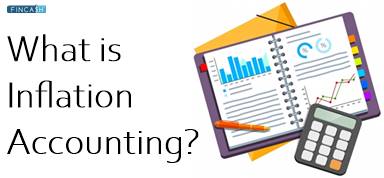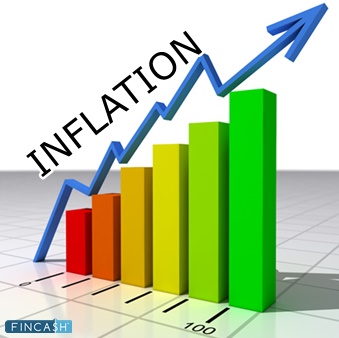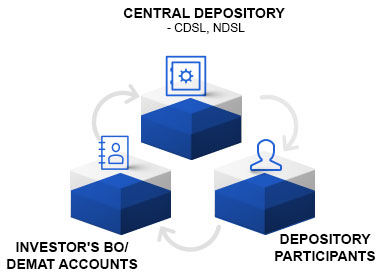What is Inflation Accounting?
Inflation Accounting is a strategy for accounting of rising and falling of goods’ costs in different parts of the world on the reported numbers of worldwide companies. Financial statements are modified according to price indexes rather than depending simply on a cost accounting Basis to provide a clearer picture of a firm's financial position in inflationary environments.

Price level accounting is another name for this technique.
Working of Inflation Accounting
Historical information on financial accounts is no longer relevant when a corporation operates in a country with considerable price inflation or deflation. To address this problem, corporations are sometimes allowed to use inflation-adjusted figures, which restate numbers to reflect current economic realities.
Companies in this category are obliged to update their financial statements regularly. It is to keep them updated with current economic and financial conditions, augmenting cost-based financial statements with frequent price-level adjusted financial statements.
Methods of Inflation Accounting
Inflation accounting is divided into Current Purchasing Power (CPP) and Current Cost Accounting (CCA).
Current Purchasing Power (CPP)
Money and non-monetary elements are separated using the CPP approach. Recording a net gain or loss is required for the accounting adjustment for monetary items. Non-monetary elements (those with no fixed value) are converted to figures using a conversion Factor equal to the price index at the end of the period divided by the price index at the transaction date.
Current Cost Accounting (CCA)
It evaluates assets at their Fair Market Value (FMV) rather than their historical cost, the amount paid when the Fixed Asset was purchased. Both monetary and non-monetary elements are restated to current values under the CCA.
Talk to our investment specialist
Pros of Inflation Accounting
- The value of the corrected numbers to internal users, external users, and the government is the critical advantage.
- It enables more realistic and comparable statistics compared to other companies' financial statements and historical financial statements.
- If inflation or deflation is excessively high, it isn't easy to compare current Income to previous costs. In such circumstances, inflation accounting delivers a considerable benefit to its consumers.
Cons of Inflation Accounting
- Inflation accounting can make financial statements more complicated, making it more difficult for investors and other users to comprehend the figures.
- It can also lead to a moral hazard issue for businesses that try to deceive customers with their financials by viewing them through this lens.
- It can also lead to many restatements and financial statements that are continuously changing.
Conclusion
When there is a lot of inflation or deflation, inflation accounting is used. It's used to make adjustments to accounting numbers and financial statements to reflect more accurate representations of expenses and incomes at any particular point in time.
Inflation accounting procedures can only be utilized if accounting rules allow them, differing according to the reporting location and accounting standards employed. CPP and CCA are the two basic inflation accounting approaches. Both methodologies can have a significant impact on determining a company's actual financial value.
All efforts have been made to ensure the information provided here is accurate. However, no guarantees are made regarding correctness of data. Please verify with scheme information document before making any investment.












